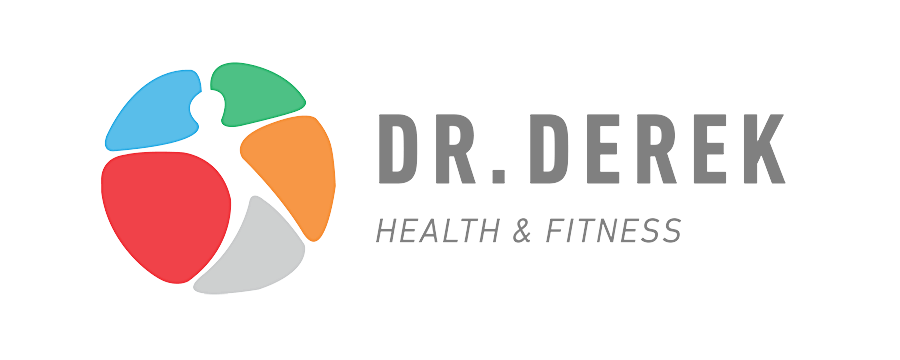Nutrition
Is Eating Butter Okay or Is It The Worst Idea Ever?
Is Eating Butter Okay or Is It The Worst Idea Ever?
(Watch video: I Ate Butter and This Is What Happened)
The answer might surprise you!
Historians Trace Butter’s Beginning Back To Ancient Africa, In 8000 B.C.

Herders would make a journey with a sheepskin container of milk strapped to the back of one of his sheep.
They found that the warm sheep’s milk, jostled in travel, had curdled into something remarkably tasty.
In Ancient Rome, where olive oil was preferred as a bread topping, butter was nevertheless prized for its usefulness as a healing unguent and in cosmetics.
Some ancient civilizations considered the transformation of milk into butter to be akin to magic.
This may explain why Ancient Sumerians used it as an offering to honor the gods.
Similarly, ancient bog butter in Ireland may have been offered up to appease the pagan gods.
Butter May Have Inspired The First Known Student Protest In United States History
Harvard University’s Great Butter Rebellion of 1766.

The Uprising Began When The Dining Hall Served The Students A “meal containing particularly rancid butter”
That unpalatable offering prompted a student who would later become Henry David Thoreau’s grandpa to jump onto his chair and holler, “Behold our butter stinketh! Give us, therefore, butter that stinketh not!”

From TIME EAT BUTTER Magazine!
Why did the USDA reverse its decision?
Scientists labeled fat the enemy.

“Why they were wrong.”
Inside, senior writer Bryan Walsh declares the “war on fat” — “for decades … the most vilified nutrient in the American diet” — to be over.
Even as we sought to reduce our intake of saturated fats in the name of good health, in the 70s and 80s, Bryan notes, the rates of obesity and diabetes in the United States skyrocketed.
That, he contends, is because we were replacing those fats in our diets not with healthier foods, like proteins and veggies, but rather with carbs, sugar, and processed foods, which turn out to be far fiercer public health foes.

In Other Words, Butter Was Not The Bad Guy After All
Neither was red meat and eggs, also unfairly maligned.
Walsh explains why here, but it really boils down to LDL cholesterol, the “bad” cholesterol that saturated fats are known to raise.
It turns out there are two different kinds of LDL cholesterol: the small, dense kind that is in fact, linked to heart disease, and the large, fluffy kind that appear to be essentially benign.
This is regular no frills butter.

The small, dense ones are actually increased not by saturated fats but by the carbs, sugars, and processed foods we replaced them with.
The only two ingredients are sweet cream and salt.

The serving size =1 tablespoon of butter.
Using a CGM (continuous glucose monitor) implanted into my shoulder, I measured my results.

Summary
Baseline Glucose: 92mg/dl
10 min: 91mg/dl – down – 1 mg/dl
20 min: 91 mg/dl – same
30 min: 93mg/dl – up 2 mg/dl
No major change at all.
What Does All This Mean?
Butter has had many ups and downs over its existence.
Once thought of as a “Gift from the Gods” to something that was falsely believed to cause heart disease and now even considered a Super-Food.
The truth probably lies somewhere in the middle.
Regarding butter and blood glucose, there is no effect.
Eating butter is the same as taking olive oil or macadamia nut oil on a spoon – it will not change your blood glucose level.
I believe Grass-Fed butter is better for you than non-grass-fed butter due to the higher quality profile of Omega-3 fats, Vitamin K2, and short-chain fatty acids.
I also believe it can be consumed daily for improved health without any increase in glucose, insulin, or body fat.
However, don’t spread it on bread.


